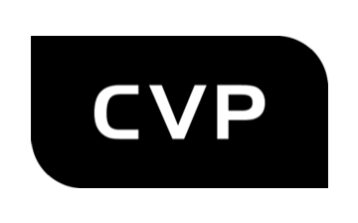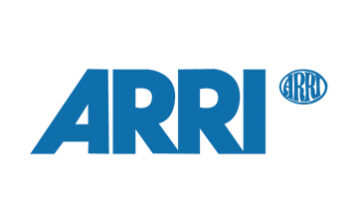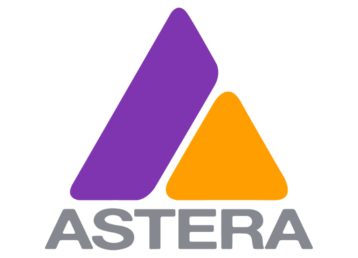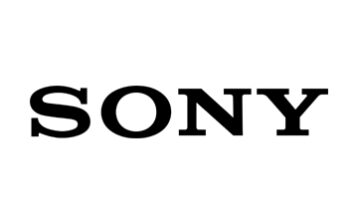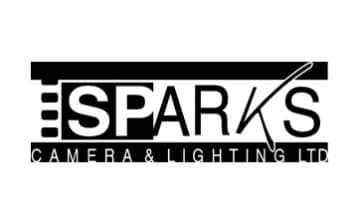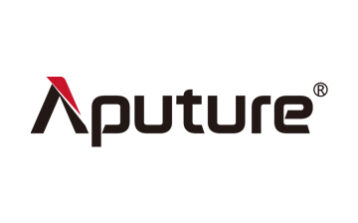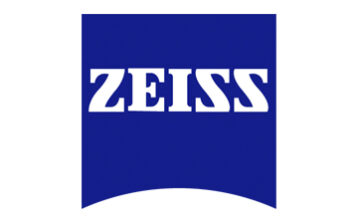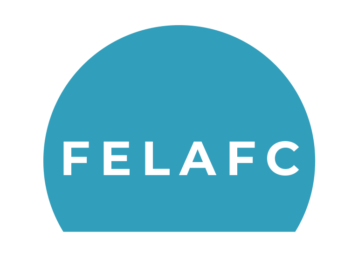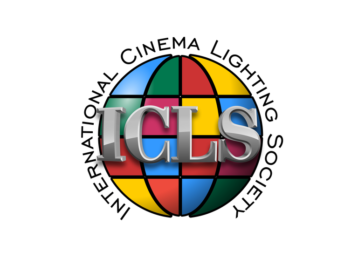Working Conditions Conference Budapest
The 6th EURO-MEI Film and TV Production Workers’ Conference
Budapest, 26-27 May 2005
EURO-MEI caters to the special concerns of unions and similar associations whose members are engaged in mass media, entertainment and the arts. The bulk of EURO-MEI‘s membership are technicians, screenwriters, film directors and other employees in broadcasting, cinema production and exhibition, theatre and other audio-visual workers as well as visual artists and other workers in the arts sector.
The information presented concentrated on 5 key conditions:
I Working hours
II Rates
III Payment of expenses
IV Overtime payment
V Crewing levels
The main issue at debate was working condition of freelance workers in film production. Since most workers in this sector are freelance workers, and many are treated as self employed or small companies by national laws – they face limits on exercising fundamental rights to join unions and to be covered by collective bargaining.
As Director Jim Wilson stated at the opening of the meeting, describing the situation in Europe concerning freelancers as follows:-
….We are in trouble – Northern Europe is Ok – Southern Europe is not OK – Eastern and Central Europe agreements almost none existing, apart from in Hungary. This is a tremendous challenge, ..…We must organise by unity across borders. As much producers interest as film workers interest – we need to have agreements, establishing standards for co-operation….
Among the many participants present – delegates from France, UK, Germany, Italy, Denmark, Romania, Slovenia, Brazil, Finland and others – described the policy of state support for film production and the situation of film workers in their respective countries.
The diversity of practice is evident.
A résumé of just a few of the statements:
The situation in for ex. Slovenia and Romania is very difficult, attempts to organise film workers to obtain some form of a collective agreements, decent contracts and leads inevitably to exclusion from work.
In Denmark the situation is much better, since the producer organisations are keen on negotiating – acknowledging that there are mutual interests in having well functioning strong production units. 92% of filmmakers are freelancers, and they are protected by same legislation as those permanently employed in regard to collective bargaining, pension, holiday pay, etc.
The Brazilian representative (DoP) expressed his surprise that conditions in Europe were so bad, in Brazil collective bargaining had been practised since 40 years, insuring health care, insurance and decent working conditions for film workers.
The French representative stated that a collective agreement had been established in 1950, but that the situation for freelance documentary filmmakers was very difficult.
A representative from Screen Writers Guild in UK, all members’ freelancers, described the situation as quite good, but negotiations with producer alliance and TV-stations as difficult.
The Bulgarian delegate stated that although there was a collective agreement between The National Film Centre and the producer organisation – freelancing must be considered a euphemism for unemployment. Foreign productions pay much more than national productions.
The Finnish delegate described the situation in Finland as very bad, huge problems in safeguarding film workers rights – active freelancers debating working conditions don’t want their names published in fear of loosing jobs, – salaries are lowered, unpaid holidays, unpaid overtime – etc. He felt a conflict is eminent.
The German delegate talked of an unfortunate conflict between on one part the directors and writers, and on the other hand the production team – no solidarity.
Swiss delegate – Romanian issue the crucial, people are fired because they are active and this must have a much higher priority than many of the other issues discussed.
So the issue was widely debated, and a recurring theme was stating support and inspiration for filmmakers in bad situation compared to more well organised filmmakers – in relation to working hours, salaries, collective bargaining, security – freelancers must be protected , and the support must be across borders.
Furthermore various subjects like implementation of a programme of support for the European audiovisual sector – MEDIA 2007, digitisation of the industry and intellectual property rights were discussed. As was measures (within EU) for protection of Europe’s cultural diversity within film production.
Bertrand Moullier, Director General, FIAPF (International Federation of Film Producers Associations) presented with great insight an interesting talk on the future development of film distribution (feature films) in Europe – the so called “release windows”. The pattern indicating a future weighing towards DVD rent / sales, digital streaming and Pay-TV, thus shorter periods of traditional theatrical distribution.
This perspective was of course received with some apprehension, – our films are for the true experience in cinemas.
Wolfgang Closs, Director European Audiovisual Observatory, gave a talk titled The European Film Economy: An Overview.
The EAO collects information from 36 member states and the EU, concerning – broadcasting –
film production – new media – new technologies – labour conditions – national and EU funding – distribution, etc.
Closs gave a thorough overview of these subjects, detailing in percentages the situation of feature film production in Europe in regard to number of national films produced, scope of financing and film admission tickets within the EU.
One interesting (and alarming) figure presented showed that US productions have 60% of ticket admissions against 11,7 % European productions. France and Denmark have the highest percentage of national film admission tickets.
This was followed by a discussion on how to defend national film production and definitions of “cultural diversity”.
Statement by Tony Costa distributed at the conference, and EU-MEI programme below.
IMAGO Proposal
IMAGO – European Federation of Cinematographers congratulates all parties on the organisation of the EURO-MEI Congress, Budapest, May 2005.
Evaluating by own experiences the situation in Europe concerning working conditions, we find that the majority of countries across Europe are very different according to national practices. It is a reality to encounter identical activities to be dealt with in each member nation with different labour policies.
In countries like France, Germany and in Scandinavia we can encounter regulation in practice and these are normally respected. Other countries without regulation or any social legal rules implemented, look at the future to obtain this.
The different policies in application in each country differs to a large extend. The object for the future generations is to eliminate that gap between those with full social rights and those who have none.
Therefore a European policy should be as equal as possible across its borders. We suggest discussing the IMAGO proposals how to reduce this gap.
1 – Establishing a maximum working hours per day.
The degradation of the social working conditions of the audio-visual professionals is known to be the long days of work. These days can easily exceed more than 14 hours a day. It can even reach 18 hours.
The issue of main concern for workers in fiction film and commercials is the extended long hours of work per day. This is the main cause of social disorientation and degradation of this professional field.
2 – The number of days per week.
The cost of production on long feature films obliges long weeks of work of 6 days a week. The production period of a feature film is between 5 to 11 weeks in average.
3 – The Implementation of a contract.
The absence of written contracts is generally in practice. The arbitration that causes the interpretation of verbal contracts is of great extent. The implementation of a contract should be obligatory to safeguard the duties and responsibilities of both parties in the production process.
These are the main points of urgency, a common policy that should be discussed at the Conference.
A second phase of a European project should discuss: –
– The integration of audio-visual professionals to have Social Benefits.
– A protocol in respect to local workers within the European Union.
Tony Costa, aip, Vice-President
